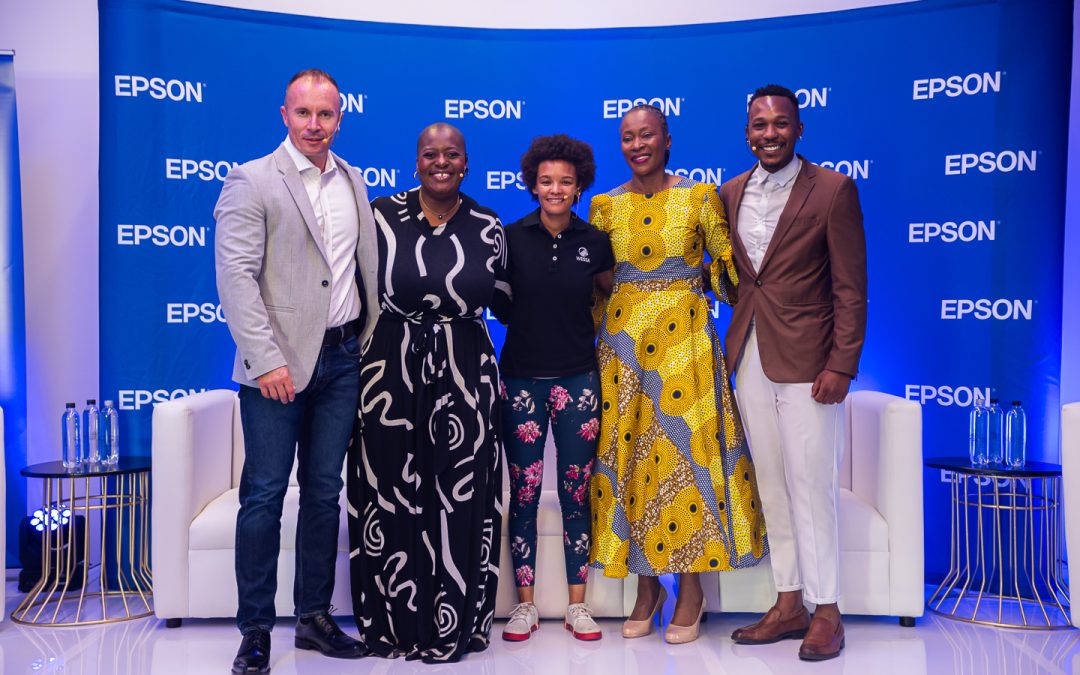Education plays a vital role in addressing climate change. This was a key finding from a recent climate awareness event hosted by Epson, a global technology leader, ahead of COP28. The event brought together industry experts to discuss the importance of climate literacy in schools and the role of technology in raising awareness to prevent and combat climate change.
The panel was moderated by Gugu Mhlungu and included Epson country manager, Timothy Thomas; Greenside High School’s deputy principal, Sibusiso Masombuka; transformation coach and mountaineer, Saray Khumalo; and head of programmes and projects at WESSA, Cindy-Lee Cloete. Together, they unpacked the critical need for climate education in South African schools.
A recent UNESCO study highlighted a concerning statistic: fewer than 40% of surveyed teachers felt confident enough to educate their students about the severity of climate change, despite 95% acknowledging its importance. Masombuka, speaking during the panel discussion, stressed the urgency of prioritising climate change education in South African curriculums.
“Teachers should be empowered with the skills and knowledge required to teach these principles to their learners, so that the youth can become more informed and understand the role they play in addressing and ultimately preventing climate change,” said Masombuka.
Saray Khumalo added, “Although teachers play an important role in empowering communities, businesses, government and members of the community can work together towards unlocking new possibilities to create a greener future.”
Epson recognises that technology plays a vital role in boosting climate literacy in schools and believes that sustainability and technology must go hand in hand to drive positive change in society. Access to digital technology and devices, such as Epson’s range of printers with Heat-Free technology and smart projectors, can bridge the learning gap in under-resourced areas, enabling children to access educational materials both in and out of school while minimising environmental impact.
” At Epson, we aspire to contribute to the betterment of communities, and we are dedicated to creating eco-friendly products that not only protect the environment but also making learning efficient. We understand that technology plays a crucial role in the classroom, and therefore, we design products such as the Epson EcoTank with reduced energy consumption. This not only helps to lower schools’ operational costs but also reduces carbon emissions,” explained Thomas. “This approach emphasises the importance of technology not only as a tool for education but as a catalyst for environmental responsibility and sustainability in South African schools.”
Thomas also stressed the significance of partnerships and collaborations in further advancing positive change in South African schools, saying, “We all have a role to play in building a better future for our youth, and by establishing meaningful partnerships with like-minded brands, we can create a movement toward a more sustainable future for them.”
Epson’s partnership with fibre provider Vuma, involving the donation of Epson products and solutions like printers, projectors and visualisers to schools as part of Vuma’s Fibre to Schools initiative, exemplifies this commitment to fostering a greener and more informed future for South African learners.


